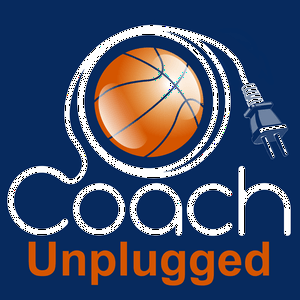Ep 2710 The Great Funnel: How the High School Game Became the NBA's Minor League
https://teachhoops.com/
Back when my coaching whistle was brand new, the high school game was its own universe. It was about school pride, community rivalries, and the dream of maybe, just maybe, getting a college scholarship. The pro game was a distant galaxy—something you watched on TV, a place where giants roamed. The connection between the two was a one-way street; a kid played for his high school, went to college for four years to get tougher and smarter, and then, only if he was one of the truly blessed, got a shot at the pros. The game we taught was more structured, more focused on traditional positions. You had your back-to-the-basket center, your pure point guard, and a clear pecking order. The goal was to build a great team to win a state title, not necessarily to build a future pro's individual brand.
Now, that universe has collapsed. The pro game isn't a distant star anymore; it's the sun that the entire high school solar system revolves around. The funnel from the top has inverted. NBA strategy dictates everything. Every tall kid who can walk and chew gum is working on his corner three because of the analytics-driven pro game. The "positionless basketball" you see in the league has erased traditional roles in the high school ranks—our 6'9" players are bringing the ball up the court, and our point guards are posting up. The style of play, the training methods, the offensive sets—they are all downstream from what works on the biggest stage. We're not just coaching high school basketball anymore; we're managing the earliest stage of a professional player's development pipeline.
The most profound shift, however, is that the NBA is no longer waiting for players to come to them. They're coming straight to the high school gym. With pathways like the G League Ignite and Overtime Elite offering six-figure contracts, teenagers are now direct employees of professional leagues before they can even attend their senior prom. This has turned the elite level of high school hoops into a de facto minor league. The pressure has changed, too. It’s not just about winning for your school; it's about draft stock, social media followers, and multi-million dollar NIL valuations. A 17-year-old's highlight reel is now a business asset. While the heart of the high school game—the teamwork, the discipline, the love of competition—is still there if you look for it, it’s now wrapped in a professional package. We're living in a new era where the line between a high school phenom and a young pro has been all but erased.
Learn more about your ad choices. Visit podcastchoices.com/adchoices


